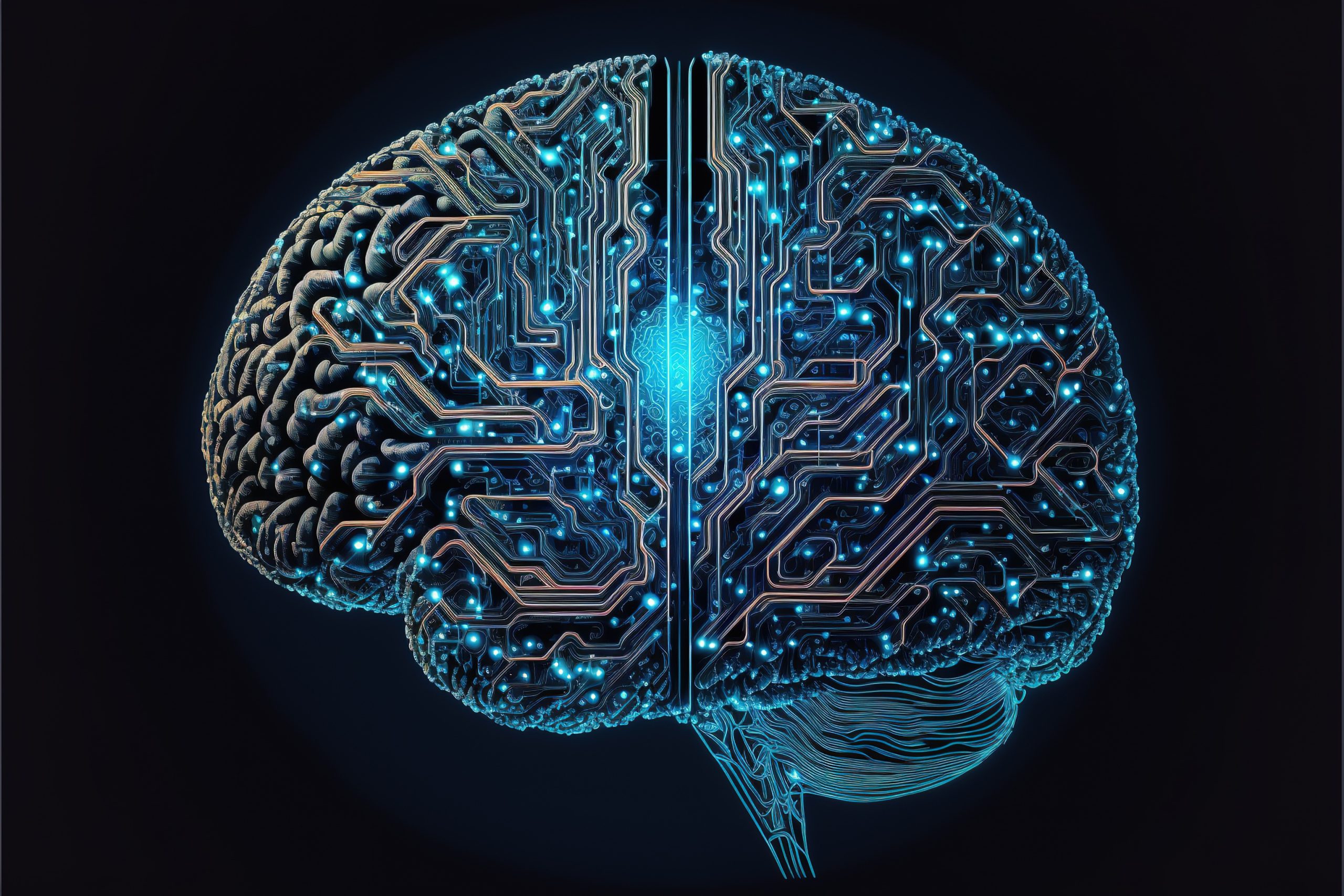Mental health concerns are becoming a significant issue around the world, and AI tools and online therapy platforms are stepping in to help. While these new options make it easier for people to get support, they also raise important questions about keeping our data private, avoiding bias, and the importance of human connection in the healing process. Here’s a look at how technology changes mental healthcare and what we must do to build and maintain trust.
The AI Mental Health Revolution
How AI Tools Are Transforming Care
AI is no longer a futuristic concept in mental health. Chatbots like Woebot use natural language processing (NLP) to deliver cognitive behavioral therapy (CBT), while algorithms analyze smartphone data to predict anxiety or depression relapses. For example, Ginger.io partners with employers to offer real-time text-based coaching, reducing therapy wait times from weeks to minutes. These tools fill critical gaps:
- 24/7 Accessibility: Rural or marginalized populations gain instant support.
- Early Intervention: Machine learning flags subtle behavioral shifts, like sleep disruptions, before crises escalate.
- Cost Efficiency: AI triage systems direct severe cases to human therapists, optimizing limited resources.
The World Health Organization estimates digital tools could address 50% of unmet mental health needs by 2030.
Ethical Dilemmas in AI-Driven Care
Data Privacy: The Hidden Cost of Convenience
AI mental health apps collect intimate details—conversations, biometrics, and typing patterns. However, lax safeguards expose users to risks:
- Data Exploitation: Apps may share anonymized data with advertisers, insurers, or researchers without consent.
- Security Vulnerabilities: Breaches at platforms like BetterHelp have exposed sensitive therapy logs.
- Informed Consent: Users often unknowingly agree to invasive terms buried in complex privacy policies.
While regulations like GDPR and HIPAA set standards, enforcement remains fragmented, especially in low-income countries.
Bias and Misdiagnosis in Algorithms
AI models trained on skewed datasets risk worsening healthcare disparities. Studies show:
- NLP tools misdiagnose pain in Black patients 40% more often than white patients.
- Chatbots struggle to interpret non-Western dialects or cultural expressions of distress.
- Gender biases lead to the underdiagnosis of conditions like ADHD in women.
AI tools risk perpetuating systemic inequities without diverse training data and third-party audits.
The Global Rise of Digital Therapy Platforms
Teletherapy Goes Mainstream

Platforms like Talkspace and Amwell connect users with licensed therapists via video or chat, democratizing access. The digital therapy market is projected to hit $17 billion by 2030, driven by convenience and reduced stigma. In regions like Africa, startups such as Shezlong deliver CBT via SMS, bypassing internet barriers.
Quality Control Challenges
Rapid growth has outpaced regulation:
- Unproven Claims: Apps promising to “cure” depression with chatbots lack clinical validation.
- Cross-Border Licensing: A therapist in New York can’t legally treat a patient in Nairobi without local credentials.
- Misleading Marketing: Vulnerable users may fall for apps prioritizing profits over care.
Organizations like the American Psychiatric Association rate apps based on efficacy and privacy standards.
Balancing Innovation and Ethics
Building Trust Through Transparency
Developers must:
- Clarify AI’s Role: Users should know when they interact with algorithms versus humans.
- Enable Data Control: Let users delete records or opt out of data sharing.
- Partner with Clinicians: Integrate human oversight for high-risk decisions, like suicide risk assessments.
Policy Solutions for Equitable Care
Global frameworks are emerging:
- The EU’s AI Act classifies mental health tools as “high-risk,” requiring rigorous bias testing.
- Australia mandates clinical oversight for AI-driven diagnoses.
- The WHO urges culturally adapted tools for non-English speakers.
The Future: Hybrid Care Models

The most effective solutions blend AI efficiency with human empathy. For instance:
- AI Triage: Screen users and route critical cases to therapists.
- Human-in-the-Loop Systems: Therapists review AI suggestions before they reach patients.
- Community Platforms: Apps like Koko combine peer support with AI moderation to filter problematic content.
Ethical Innovation for a Healthier Future
AI and digital therapy apps have great potential to help many people, but focusing on privacy, fairness, and treating everyone with respect is essential. If we can be open about how these tools work, push for policies that include everyone, and keep the needs of patients at the center, we can use technology responsibly. It’s all about compassion and what helps people heal.

Leave a Reply